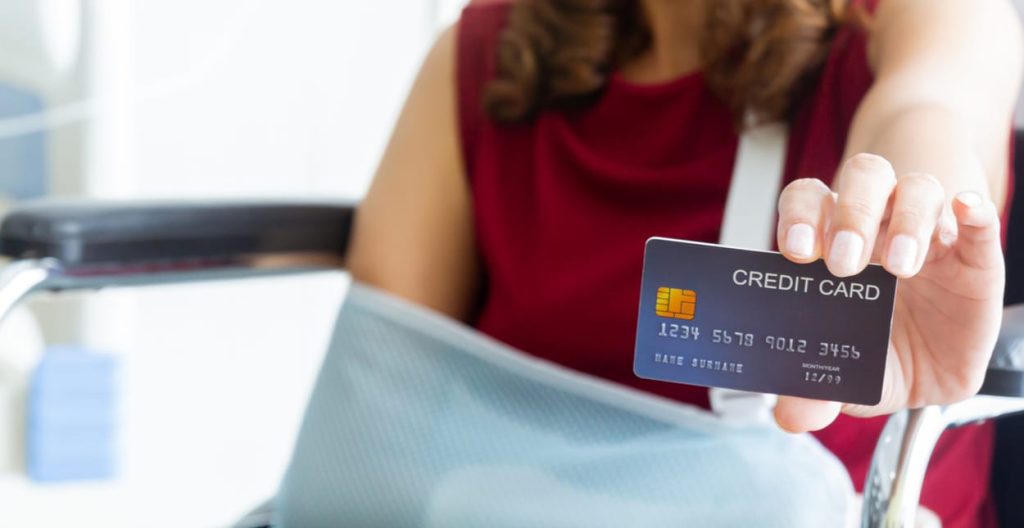Life doesn’t always give a heads-up. One moment, everything’s smooth and the next, there’s a medical bill, a car breakdown or a sudden travel need. In moments like these, having a credit card can really help one access funds. While most people think of credit cards as tools for shopping or travel, they can also act as a financial cushion—if they’re used right. That means keeping enough credit limit available, clearing dues on time and choosing the right kind of card. So how do credit cards actually help during emergencies? And what should you look for when picking one that’s reliable in such situations?
Benefits of using a credit card for emergency
- Pay upfront without any application
Emergencies come without warning. There’s often no time to apply for a loan or arrange funds. A credit card gives you instant access to money, whether it’s for hospital bills, urgent repairs or unexpected travel. Since the credit is pre-approved, you can swipe or use it online immediately, without any paperwork or delays.
- Convert outstanding bills into manageable EMIs
A sudden expense can push your credit card bill much higher than usual. Instead of repaying the full amount in one go, most Banks allow you to convert the entire outstanding balance into monthly EMIs. You get the flexibility to repay in parts, often at lower interest rates than personal loans. It makes a big payment feel less overwhelming and easier to plan for.
- Ease and convenience
During emergencies, the last thing you need is a complicated process. Credit card apps let you track your spends, convert payments into EMIs, increase limits or temporarily block your card—all from your phone. This means you can handle the financial side of things quickly, while focusing on the actual emergency at hand.
Which card you should keep for emergency?
A RuPay credit card can be a reliable tool when you need quick support during an emergency. One of its most useful features is that it works with UPI. You can link your credit card to UPI apps and use it to scan QR codes for instant payments. This helps when you need to pay at places that don’t have a card machine, like small clinics, petrol pumps or local stores. You can make payments directly from your phone using your credit limit, without having to worry about cash. This makes them a smart and practical choice to keep ready for urgent situations.
Things to keep in mind when using credit card for emergency
While a credit card can be a helpful backup during emergencies, it only works well if you’ve managed it responsibly. Here are a few important points to keep in mind:
- Keep enough credit limit available
A credit card won’t help if it’s already maxed out. Try to keep a good portion of your limit unused so that it’s available when you actually need it. Regularly tracking your spends and clearing dues on time can help maintain this buffer.
- Avoid cash withdrawals
Withdrawing cash using your credit card during an emergency might seem convenient, but it comes with high interest from day one. Try to use card payments or UPI-based credit card usage instead, as they are more cost-effective.
- Track your statements carefully
After using your credit card in an emergency, keep a close eye on your transaction history. This helps you spot any errors or fraud quickly and stay in control of your repayments.
Conclusion
If you’re planning to apply for a credit card, take a moment to think about how it can support you in real situations, not just everyday purchases. A good credit card also offers cashback and points. More importantly, it gives you quick access to funds, simple EMI options and the convenience of managing everything from your phone. When chosen wisely, it becomes a dependable tool that’s useful both in daily life and when the unexpected happens.
